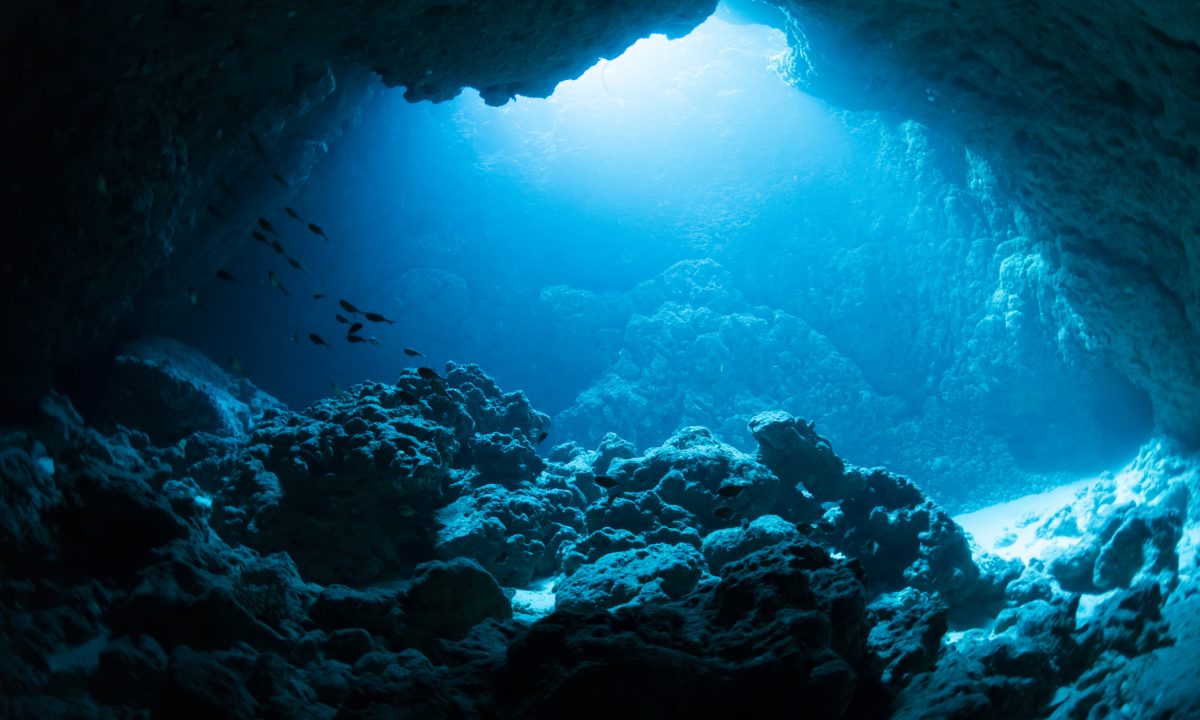Feasibility study on extracting and refining critical minerals from ocean sources.
The United States is taking new steps to bolster its supply of critical minerals. In its latest move, Congress will fund a feasibility study on deep-sea mining by the Department of Defense, the Wall Street Journal reports. The documents seen by the WSJ state that under the $2 million effort, the Pentagon will work with “an entity experienced in refining critical minerals and producing battery-grade” metals. The project will explore the possibility of processing raw materials from the ocean floor in the U.S. However, the study will only begin once the annual defense budget has been passed later this year. U.S. lawmakers already pushed to ramp up deep-sea mining activities in a new bill earlier this year. The proposal would provide financial, diplomatic, and infrastructure support for the industry but has not yet been passed.
Controversial, but Norway Forges Ahead
Deep-sea mining involves the collection of rocks, or so-called nodules, sitting on the ocean floor. These nodules contain minerals and metals, for example, manganese, nickel, or cobalt. It is controversial even in the mining industry, as the environmental impacts are yet to be fully understood. Multiple countries, including the United Kingdom, Germany, and France, have previously announced support for a moratorium on granting deep-sea mining permits. The country pushing ahead of concerns, however, is Norway. The Nordic country’s parliament approved a proposal to open an area in the North Atlantic for exploration and extraction efforts earlier this year, making it the only country worldwide to give the go-ahead to commercial deep-sea mining. The Norwegian branch of the World Wildlife Fund (WWF) has sued Norway for its plans this week, citing insufficient impact assessments.
Photo: iStock/inusuke


